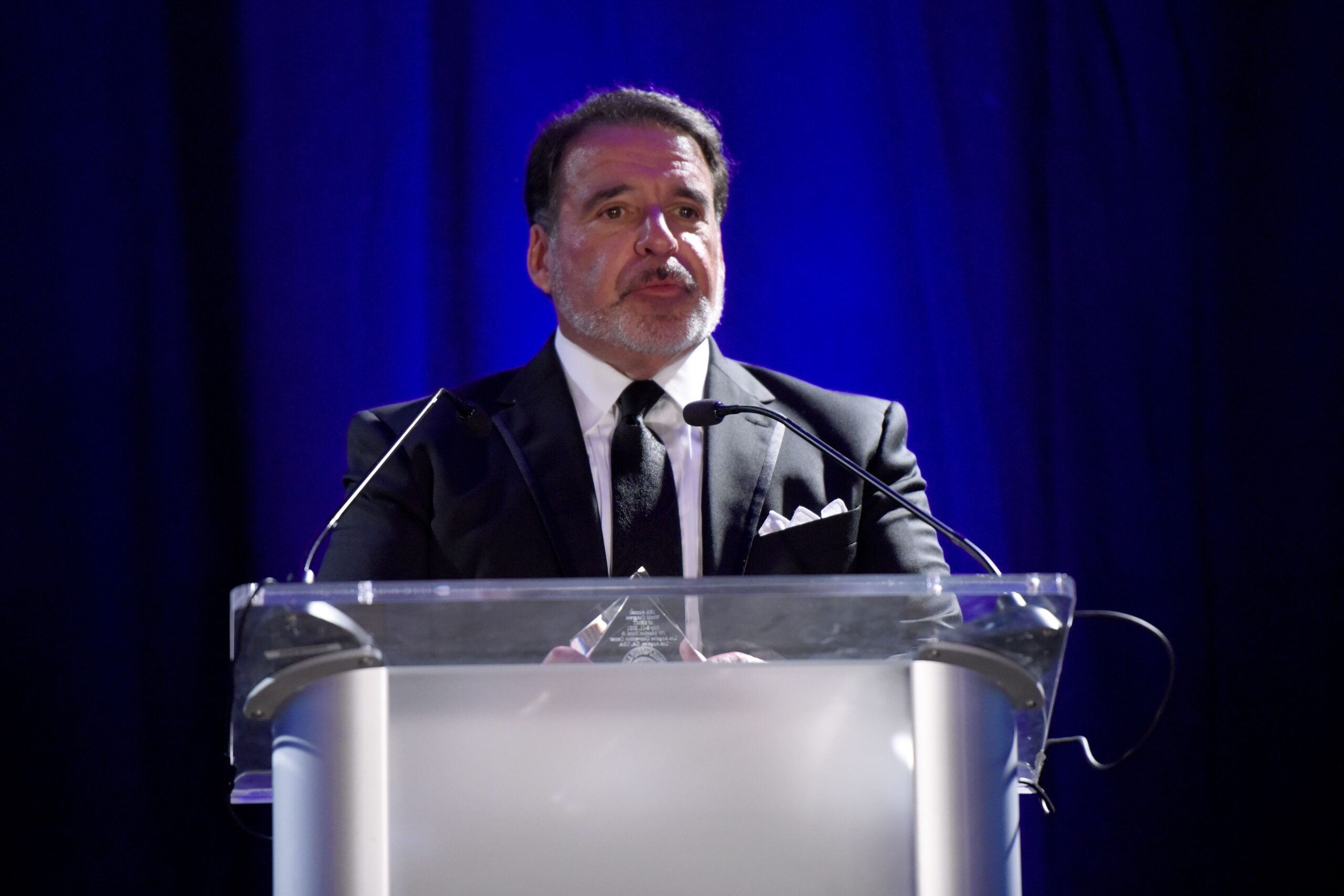
Robert Hariri, Celularity CEO (Vivien Killilea/Getty Images for Brain Mapping Foundation)
Celularity warns of looming layoffs, spotlights early programs as money runs dry
Celularity has warned “a substantial portion” of its employees that layoffs could be looming in the face of a reprioritization effort. In the same breath …
Sign up to read this article for free.
Get free access to a limited number of articles, plus choose newsletters to get straight to your inbox.